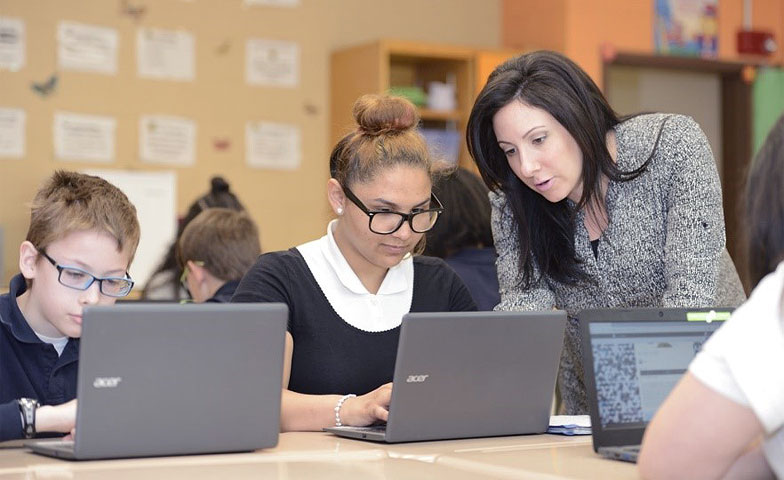
Synthesizing text into a new format helps readers relate to content Much of the writing we assign our students is public writing—writing to communicate with others. Writing-to-learn is personal writing, writing that helps students increase comprehension of texts—fiction and nonfiction—in all disciplines. Reader response compels readers to interact with the text and makes visible for
Read More… from After-Reading Response: Poetry in Two Voices to Compare and Contrast




0